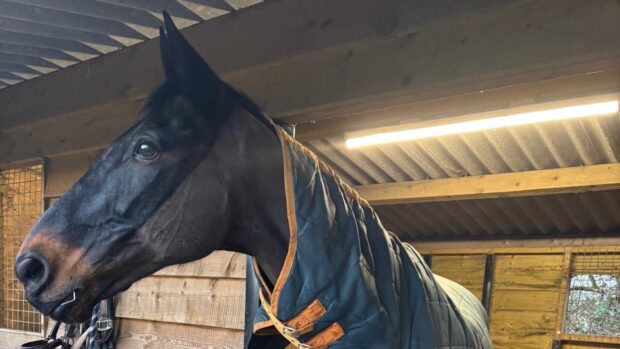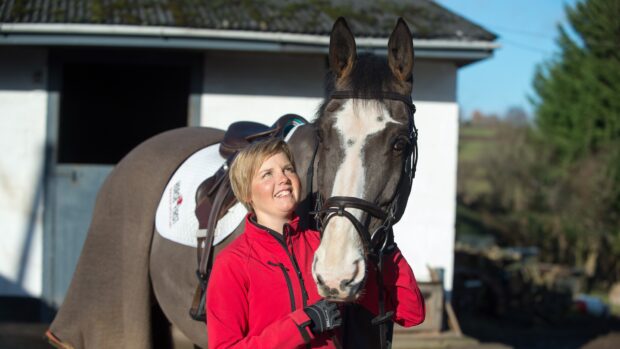LARGE numbers of horses will die owing to our inability to control their parasites if we do not change our worming practices.
This was the warning given at a webinar on anthelmintic or wormer resistance, hosted by the Mare and Foal Sanctuary and presented by equine internal medicine specialist David Rendle.
H&H has previously reported on stark warnings given by Mr Rendle and others, including that the industry faces a “colic Armageddon” if current practices stay as they are.
Since 2010, there have been reports of resistance to every available class of wormer and there is “absolutely no suggestion of any new classes” in the foreseeable future.
“We aren’t going to get any new options, nothing in the short term, so we have to find strategies of coping,” Mr Rendle said.
“We’ve got to be careful about how we use these drugs if we’re not to get to a situation where we’re losing large numbers of horses because we can’t control their parasites.”
Mr Rendle noted that wormer use can have a wider environmental effect; the drugs are excreted and “large numbers” of dung beetles, an important part of the ecosystem, have been lost. The drugs are also “phenomenally toxic” to some aquatic life, meaning a “real threat to rural ecosystems”.
“It’s a double whammy; a threat to our horses and the environment they live in,” he said.
Mr Rendle said the aim in the 1960s was to eliminate parasites, which was “misguided”. Instead, owners should aim to kill enough worms to stop horses becoming ill and leave those that have not been exposed to the drugs, so resistance is not passed on in reproduction.
He discussed measures taken in other countries to combat anthelmintic resistance. In Denmark, proof of the need of a wormer has to be shown to buy it, and in Sweden they are only available on prescription. In both countries, there has been a significant decrease in the drugs used. But although Ireland has recently pledged to follow Sweden’s lead, there are no such plans in the UK.
Owners should instead adopt a programme of only worming when necessary as determined by testing, such as faecal worm egg counts; the challenge is persuading people that this is the “only way to preserve the health and welfare of our horses long term”.
Mr Rendle added that good pasture management is essential, citing a study that found twice-weekly poo-picking removed far more worm larva from pasture than the use of different anthelmintics. Grazing ruminants on equine pasture is also helpful.
“Current worming practices are unsustainable,” he finished. “Resistance is at alarming levels and resistance is irreversible. It’s hard to get that message across to people as they don’t see the threat and by the time they do, it will be too late.”
At a meeting on equine anthelmintic resistance, organised by the Government’s Veterinary Medicines Directorate (VMD) this spring, stakeholders agreed a pan-industry process is essential for a co-ordinated approach to wormer use.
It was agreed the group should “provide strategic direction” by means of a steering group, with sub-groups to lead on issues including education, research and communication.
“The VMD will now convene an inaugural core steering group meeting to discuss and develop the group’s strategy and priorities,” a Government spokesman said.
You might also be interested in:

Stark warning of more colic deaths unless owners act to avoid worming ‘Armageddon’
‘We’re on a slippery slope, and what’s at the bottom is not an appealing picture’

Vet medicine company accused of ‘putting short-term profits above equine welfare’

‘What will you do when the wormers stop working?’ – change is needed NOW to save horses’ lives

Subscribe to Horse & Hound magazine today – and enjoy unlimited website access all year round
Horse & Hound magazine, out every Thursday, is packed with all the latest news and reports, as well as interviews, specials, nostalgia, vet and training advice. Find how you can enjoy the magazine delivered to your door every week, plus options to upgrade your subscription to access our online service that brings you breaking news and reports as well as other benefits.




